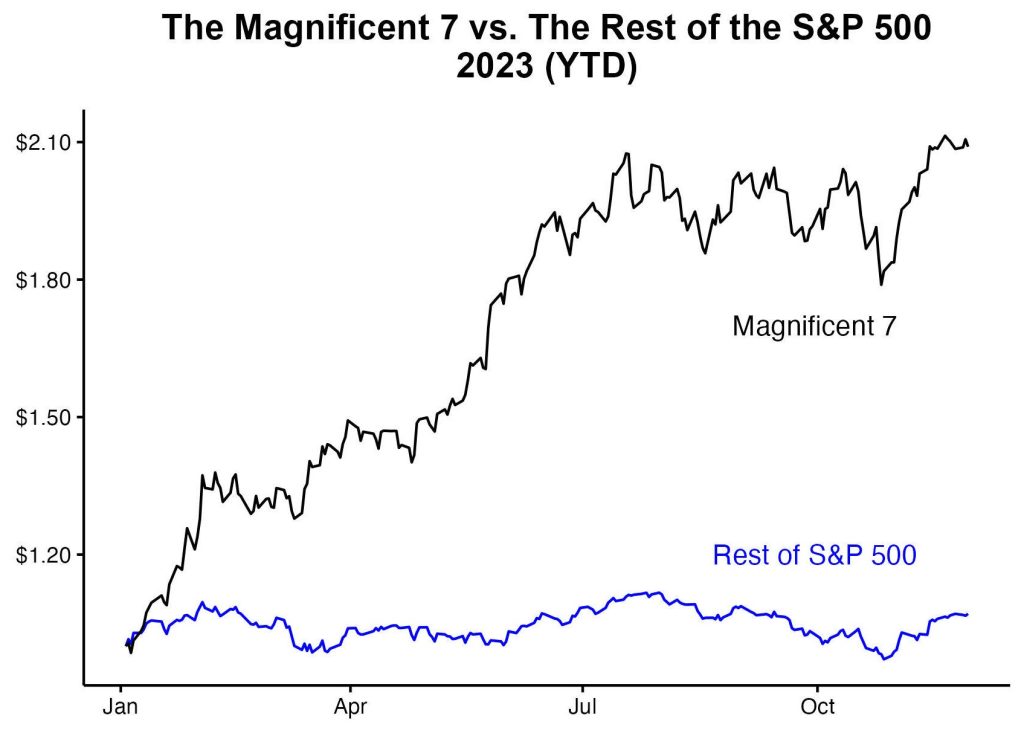Living life to the fullest and accomplishing long-held dreams
Early retirement typically signifies reaching financial autonomy before the statutory pension age, usually in the mid-60s. In the United Kingdom, retirees can begin drawing their State Pension at age 66. However, this retirement benchmark is set to increase to age 67 by 6 April 2028.











